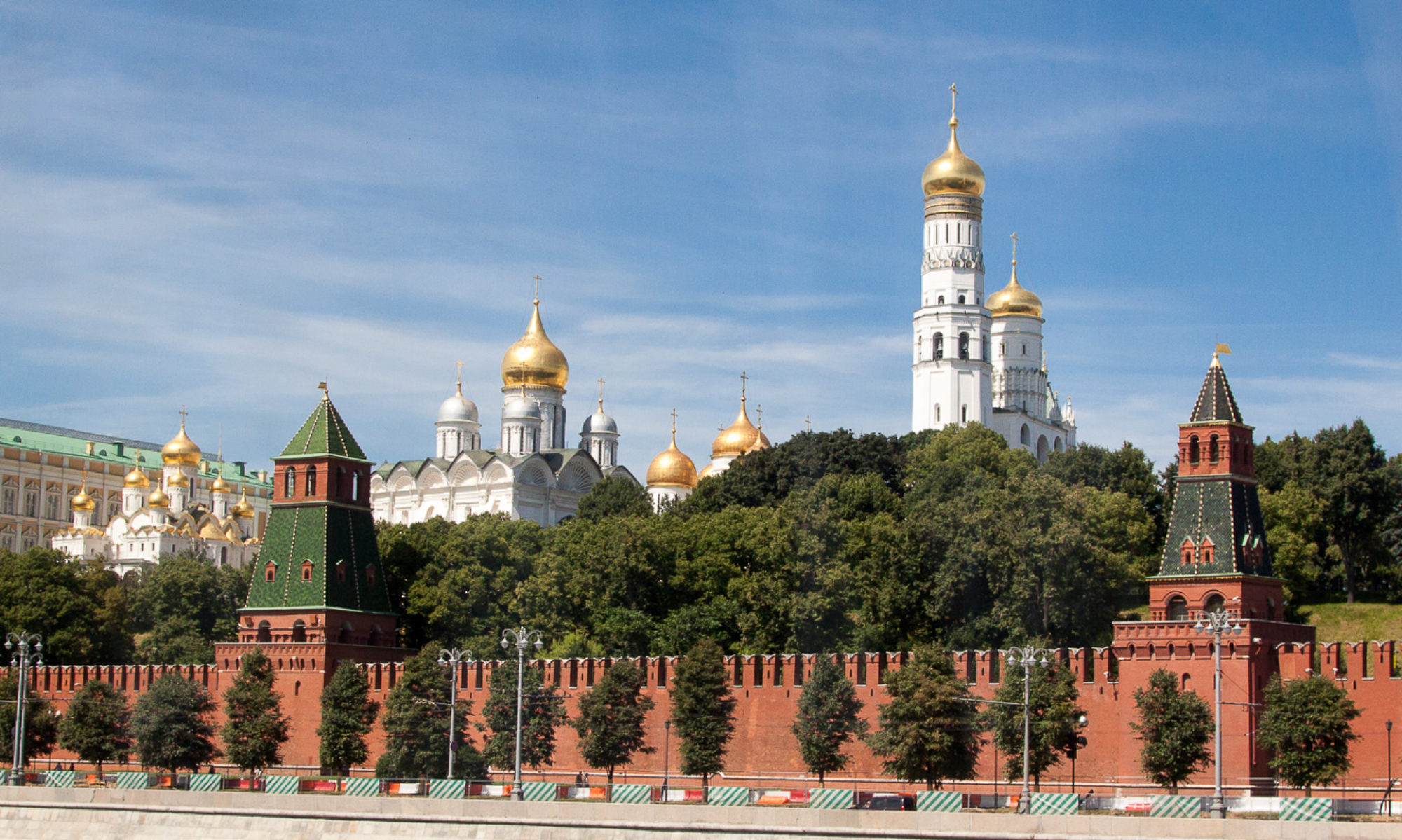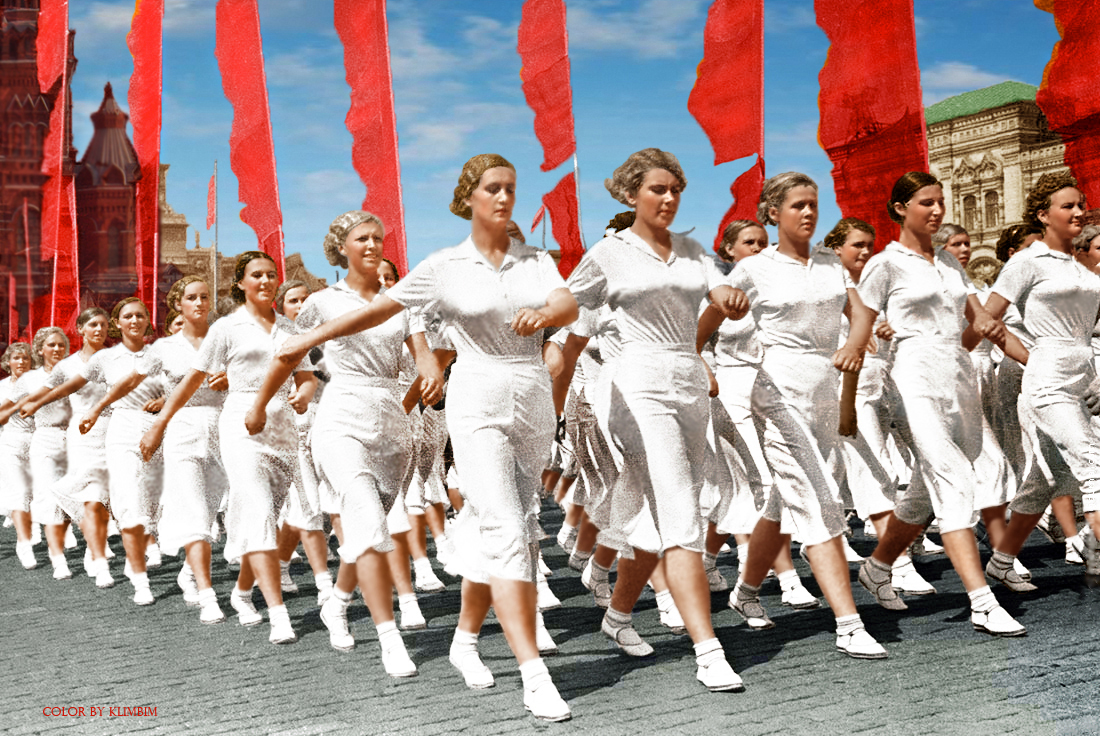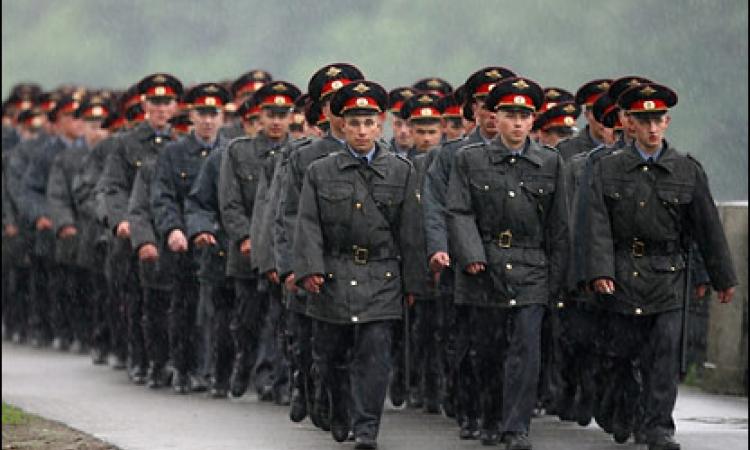(continued from part 3 & 4)
By Oleg Vereshyagin
Anne, 16; Bill, 12, Americans: What is work?
Twins Charley and Sharleen, 9 years old, Americans: Particulars of life in Russian rural area.
Adolf Bravik, 35 years old, Switzerland. Father of three children.

Offers of babysitting services perplexed people or caused laughter. Anne was upset and rather surprised when I explained to her that Russians don’t seek babysitting services for children ages seven and up. Kids usually play, go outside, and do anything and everything – including school and after-school activities – on their own. Children younger than that usually stay home with their grandmothers or mothers; nannies are hired by wealthy families for babies and toddlers. High school girls are not invited for such jobs, only experienced women who make their living doing it.
Continue reading “Why I Moved to Russia. Stories 5, 6, & 7 of 7”









